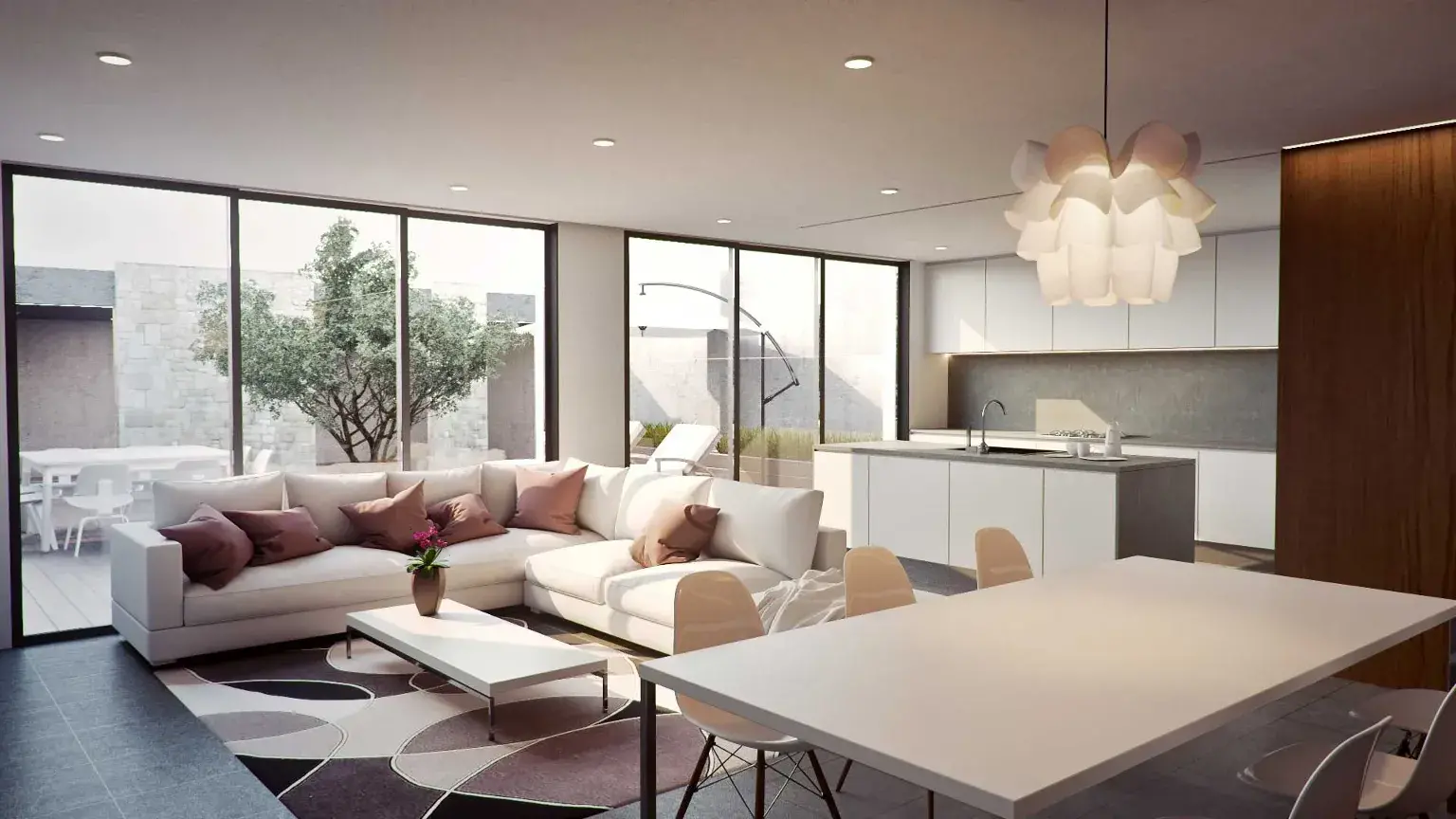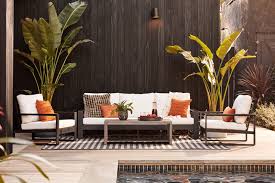What type of outdoor furniture is the most durable? Wrought Iron is one of the most durable and longest lasting type of outdoor furniture available, many times lasting decades. Truly an investment that keeps on giving, wrought iron furniture is also the heaviest frame.
What furniture can you leave outside?
Outdoor pieces made from HDPE lumber, including Trex® Outdoor Furniture, are fine outside year-round.
- Aluminum furniture. Just make sure the pieces are free of any water, inside or out.
- Wood furniture. Don’t use any protective coverings over your wood furniture.
What is the best outdoor furniture for weather? In conclusion, the most weatherproof outdoor furniture for your outside space can depend on a range of environmental factors, but it’s likely to be hardwoods, like teak, acacia or eucalyptus, rust-resistant aluminium, all-weather rattan with an aluminium frame or a sustainably produced HDPE.
What is the best material for outdoor furniture at the beach? Teak Wood. If you’re wondering, what is the best material for outdoor furniture at the beach when it comes to wood, teak is an excellent choice. This durable material resists sunlight and has a classic, beachy aesthetic.
What type of outdoor furniture is the most durable? – Additional Questions
What is the most durable outdoor fabric?
The best fabric the use for outdoor furniture is polypropylene fabric. Polypropylene was one of the first marine fabrics due to the fact it had superior UV resistance compared to other fibers. Polypropylene is the best choice for outdoor cushions because it dries quickly when wet and has no dye sites.
What patio furniture does not rust?
Cast aluminum won’t corrode, rust or fade, so you can enjoy your furniture outdoors all year long.
- Steel. Solid steel is what makes those pretty petite bistro tables and chairs so stable.
- Wrought Iron. Wrought iron is, quite simply, timeless.
- Teak.
- Eucalyptus.
- All-Weather Rattan.
Is it OK to leave patio furniture out in the rain?
Can you leave patio furniture outside in the rain without a cover? Technically, you can, but if you know heavy downpours are on the way, you should apply a cover to reduce the risk of rust and avoid overly soaked outdoor cushions. 6. Provide some shade.
What outdoor material does not rust?
For these types of applications, aluminum and stainless steel are popular choices. Aluminum will not rust, so it’s safe to use outdoors.
What should I look for when buying patio furniture?
- Make a List of Patio Furniture Needs.
- Try Patio Seating Before You Buy.
- Go for Easy-Care Outdoor Furniture.
- Consider Storage for Your Patio Furniture.
- Match Colors to Your Outdoor Decor.
- Invest in Quality Patio Furniture.
- Add Outdoor Rugs for Color and Comfort.
- Search for Dual-Purpose Patio Furniture.
How do you keep metal patio furniture from rusting?
Here’s an account of some of them:
- Keep Them Dry. Excessive moisture is, perhaps, the most common reason for rust.
- Keep Your Patio Chairs Covered.
- Make Use of That Storage Space.
- Use Paste Wax.
- Regular Usage of Grease.
- The Magic of WD-40.
Does metal patio furniture rust?
Unfortunately, iron is all around us; it’s even steel. If you have patio furniture that’s made of iron, steel or other iron-containing metals, it may rust when exposed to moisture.
What outdoor furniture rusts?
Only iron can rust, which means that this a problem you’re liable to face if your patio furniture is made out of wrought or cast iron, or if it’s steel with an iron coating. If you want to avoid it entirely, look for patio furniture made out of non-rusting materials such as aluminum, teak, or all-weather rattan.
Does steel garden furniture rust?
Keeping Your Metal Garden Furniture Dry at All Times
But, repeated exposure to water and traces of moisture damage your metal furniture over time. Exposure to even tiny water droplets facilitates the rapid oxidation of the metal or what we commonly call rust.
How long will steel patio furniture last?
Good patio furniture can last 15+ years. Some will last longer, some less, but there’s no firm timeline. Unlike mattresses, which have a commonly-held deadline for replacement after 10 years, your patio furniture will last until the elements break it down—this depends on maintenance, materials, and climate.
How do you keep wrought iron furniture from rusting?
How To Protect Wrought Iron From Rust
- Clean wrought iron regularly.
- Apply a metal protection product.
- Lift furniture when moving it.
- Consider plastic covers, or a tarp.
- Fix rust spots.
Will metal chairs rust in the rain?
Because the rain is not metal yard furniture’s best friend — the moisture is a primary catalyst to rust — it makes sense to protect the outdoor pieces from the elements.
Does WD-40 prevent rust on patio furniture?
Spray With WD-40
Now, take your handy can of WD-40 Multi-Use Product. Spray this generously, making sure to cover all areas of the metal furniture. This advanced formula will leave a thin and clear coating, which will help to prevent the metal from rusting and will also help remove rust from metal surfaces.
How do you weatherproof metal furniture?
Weatherproofing Furniture: Metal
Treat it with a fish-oil-based primer, like Rust-Oleum’s Rusty Metal Spray Primer (about $5; The Home Depot)—it prevents corrosion and binds to the rust to create a paintable surface. Then give it a fresh coat of paint.
Does WD-40 prevent rust?
WD-40 Specialist® Corrosion Inhibitor
A long-term rust preventative that protects metal parts, blocking rust and corrosion for up to 1 year outdoors or 2 years indoors.
When should you not use WD-40?
There are many different types of plastic, but there are two kinds that you should avoid using WD-40 on—polycarbonate and clear polystyrene plastic. Polycarbonate is a transparent plastic that is commonly used in greenhouses, and polystyrene is typically used for styrofoam and soft drink lids among other items.
Does vinegar remove rust?
Luckily, acids found in everyday household items, such as vinegar, lemon juice, and potatoes, can remove rust from metal. 1 Add the abrasive action from other ingredients, including borax, baking soda, and salt, and say goodbye to rust without the need for harsh chemicals or fumes.




